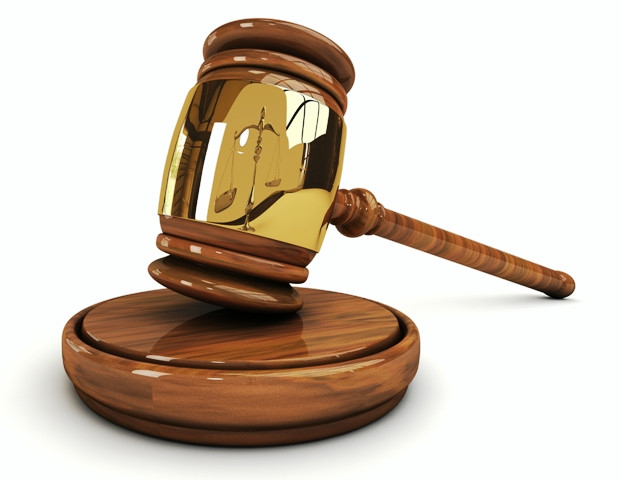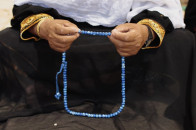Judges gain respect through impartiality, not contempt cases: speakers
Speakers say judges need to concentrate on the 98 per cent pending of the cases, not 2 per cent of political cases

Judges gain respect through impartiality, not contempt cases: speakers
“Judges gain respect by remaining impartial not through contempt punishments,” said senior Pakistan Peoples Party (PPP) leader Taj Haider at a roundtable on the ‘Judicilisation of Politics in Pakistan; Issues and Remedies’, organised by the School of Political and Strategic Communications here on Friday.
By dismembering former prime minister Yousuf Raza Gillani from National Assembly, the Supreme Court of Pakistan has set a precedent that has, in a way, invoked article 58 (2) B of the Constitution empowering an individual to dissolve the parliament, said former PPP parliamentarian Chaudhry Manzoor.
The article had invested these powers in the president of the country before the 18thConsitutional amendment in 2010.
“Tomorrow if another Chief Justice thinks the whole parliament has committed contempt of court he would send them packing?” asked Chaudhry Manzoor, president of PPP labour wing at a
He claimed that the judiciary has pulled a 'coup' on democracy where a single individual has paralysed the system. Manzoor added that the present judiciary was far from unbiased and impartial. “It has taken up cases hurting PPP only,” he alleged.
“Why are the Asghar Khan, Bhutto and Khwaja Sharif murder conspiracy cases not being taken up? why only judges from Jamaat-e-Islami (JI), Pakistan Muslim League (N) and Pakistan Tehreek Insaaf (PTI) have been inducted in the higher judiciary?” questioned the PPP leader adding that the present Chief Justice alone has sent more judges home then by any dictator in the history of the country.
Pointing out flaws in the judicial system, Manzoor said that today no poor man can knock on the doors of the Supreme Court and seek justice since the lawyers charge in millions, which the poor cannot afford.
His views were supported by senior PPP leader Taj Haider, who observed that the judiciary must not compromise 98 per cent of the cases of the common people for a mere two per cent of political cases. He was of the view that the judiciary has always been and still appears to be a part of establishment which remains at loggerheads with the democratic forces in the parliament.
He suggested setting up separate Supreme Courts for each province and called for the establishment of a Judicial Service based on the Indian Civil Services (ICS) model. He said these and many other suggestions were already under discussion at multiple forums including the parliament. The implementation of these proposed changes the Pakistan judicial system would be yet another battle given how the apex court has already put to the sword the latest attempt by the government to curb the Supreme Court's powers.
Among his suggestions, Haider proposed the creation of primary level courts on issues such as labour, family, civil, crime, consumer rights, anti-terrorism, reconciliation and petty matters besides arbitration courts for civil cases.
Dr Asadur Rehman, an analyst and son of former Chief Justice of Pakistan SA Rehman, said the problem lies with the character of present judges. He rejected the idea of direct recruitment of lawyers into higher judiciary. He quoted examples of the character of judges like his father and another former CJ Justice Cornelius to make his point.
“These men came through ICS and were trained as judges not as lawyers which helped them remain impartial and unbiased,” said Rehman adding that a lawyer in the present set up cannot stay away from unethical practices including lying and manipulating to save his client.
Dr Khadim Hussain, an academic, thought the present Supreme Court shares similarities with the 16Century European papacy which also perceived common people as ignorant and used to summon anyone at any time for anything.
Raza Rumi of Jinnah Institute (JI), Fauzia Saeed, the Director of Asha, Marvi Sirmid, Zafarullah Khan and Advocate Asad Jamal also spoke at the roundtable which was attended by civil society members and lawyers.



















COMMENTS
Comments are moderated and generally will be posted if they are on-topic and not abusive.
For more information, please see our Comments FAQ